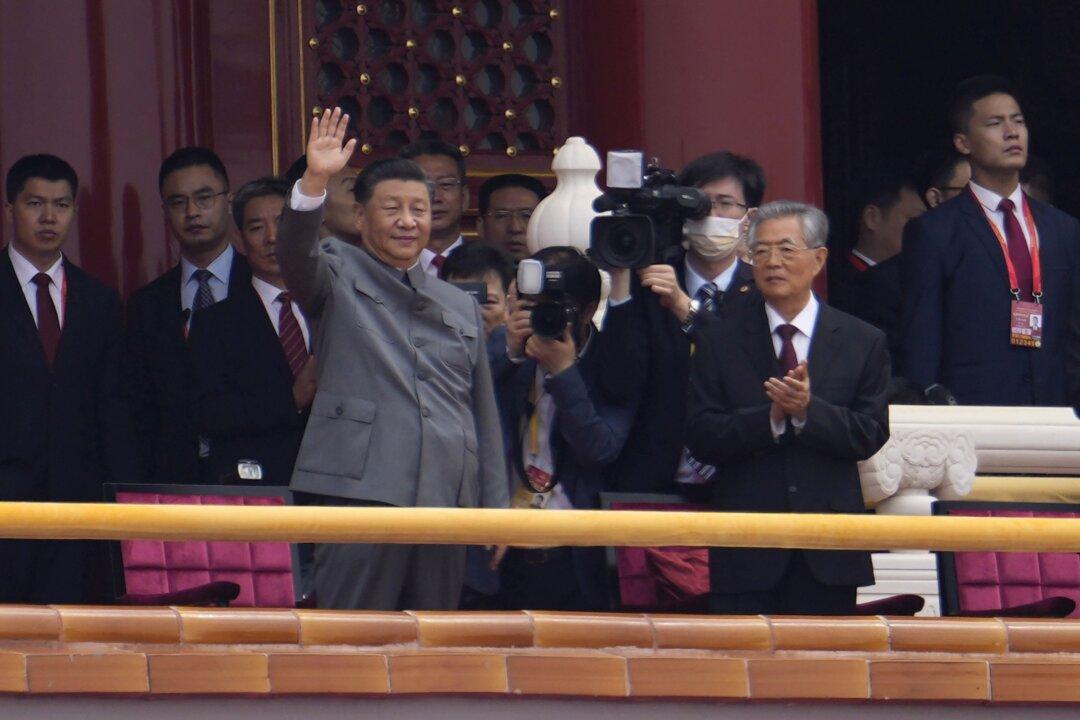Commentary
In his 2022 Chinese New Year address, communist regime leader Xi Jinping talked about unity. He mentioned it 12 times. He twice mentioned the reform and opening-up.

In his 2022 Chinese New Year address, communist regime leader Xi Jinping talked about unity. He mentioned it 12 times. He twice mentioned the reform and opening-up.